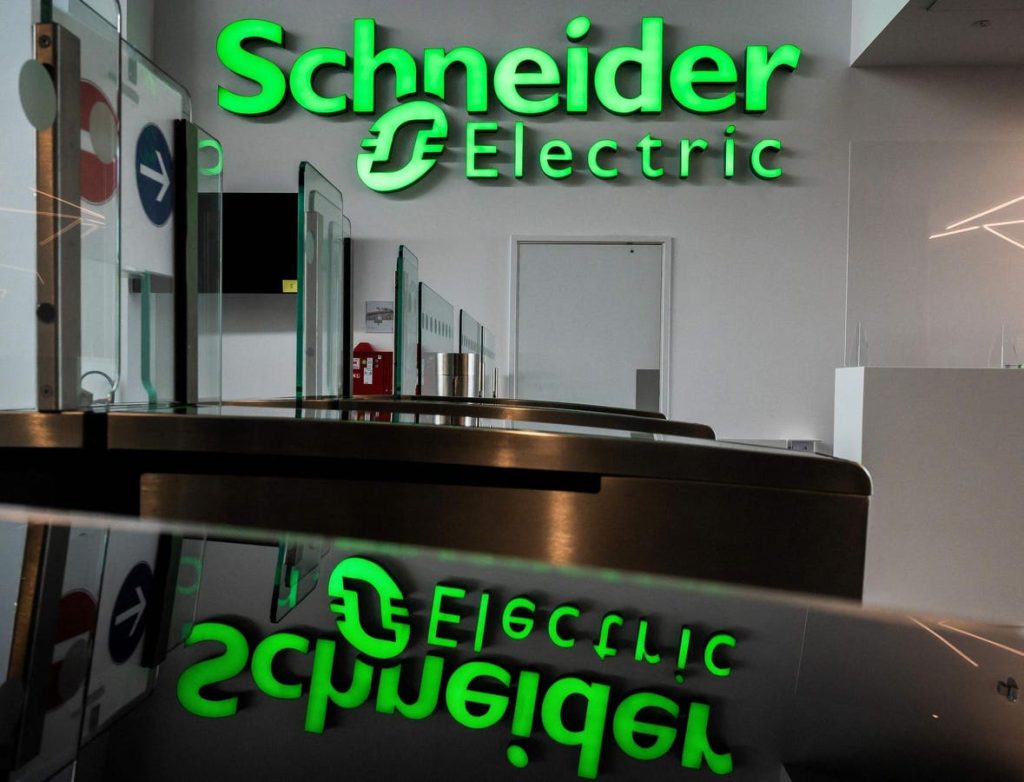Barbara Frei, Executive Vice President of Industrial Automation at Schneider Electric, is urging global industries to embrace automation to reduce carbon emissions. She believes that automation and digitization are crucial for improving efficiencies and reducing environmental impact. By utilizing real-time data and technology, companies can make better decisions that lead to a decrease in carbon emissions. This operating dynamic is already present in the industry and will continue to improve as manufacturing and industrial sectors focus on lowering their carbon footprint.
Frei highlights Schneider Electric’s adoption of the open automation international standard IEC 61499, which allows for the separation of hardware and software. This enables companies to upgrade specific aspects of their manufacturing infrastructure independently, facilitating a phased approach to automation and digitization. By breaking down barriers between operational technology (OT) and information technology (IT) data, companies can create a data-driven manufacturing chain that provides a comprehensive view of their entire factory.
Schneider Electric is heavily promoting its hybrid plant distributed control system (DCS) and automation software under the EcoStruxure product suite, targeting the low-carbon horizon. The company is also transitioning from a perpetual to a subscription-based model for its energy management and automation software sales, aligning with current market trends. Frei acknowledges that the subscription model is gaining popularity among competitors as well, but believes that Schneider Electric’s open automation approach and diverse software offerings provide a competitive advantage.
Schneider Electric boasts several industrial software brands, including AVEVA, that enable the company to offer comprehensive solutions for various industries. By co-developing solutions with customers and providing engineering and automation consulting services, Schneider Electric is positioned as a leader in the automation industry. Frei emphasizes the significance of digitization and automation in the current industrial landscape, noting that these technologies were not prioritized two decades ago. With the rise of new industries focused on digitization and automation, Frei sees a promising future for engineers and professionals in the sector.
In conclusion, Frei stresses the importance of embracing automation and digitization for industrial sectors looking to reduce their carbon footprint and improve efficiencies. By leveraging real-time data, technology, and open automation standards, companies can make informed decisions that lead to a more sustainable operation. Schneider Electric’s innovative solutions and subscription-based model are aimed at helping industries transition towards a low-carbon future while maintaining competitiveness in the market. Frei believes that the current focus on digitization and automation presents exciting opportunities for engineers and professionals in the industrial sector.


